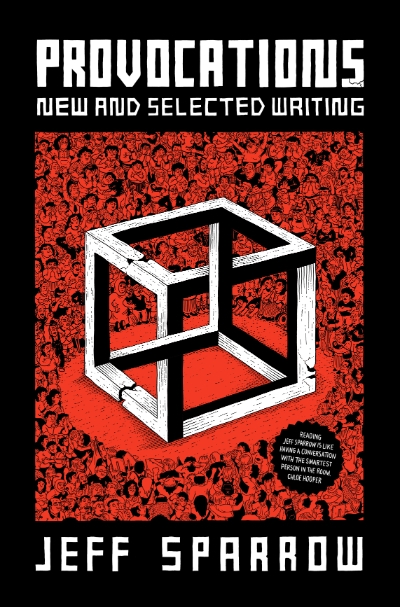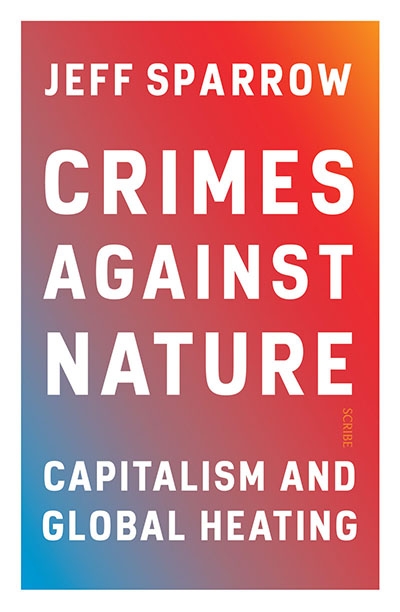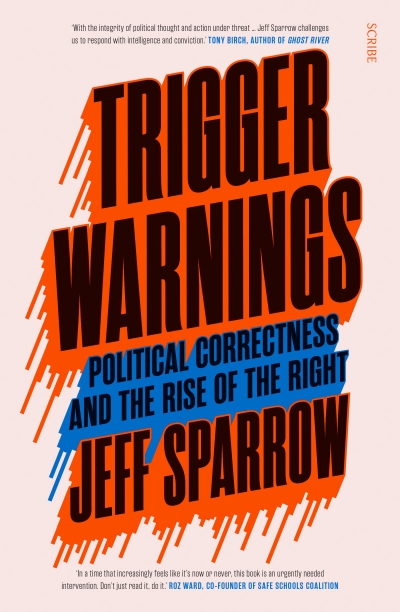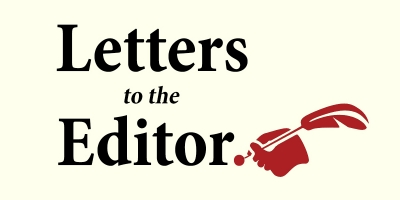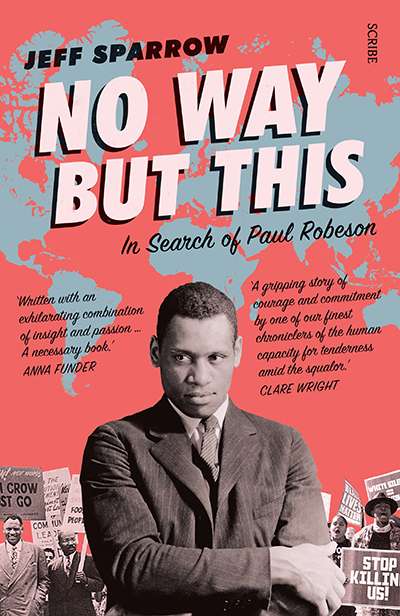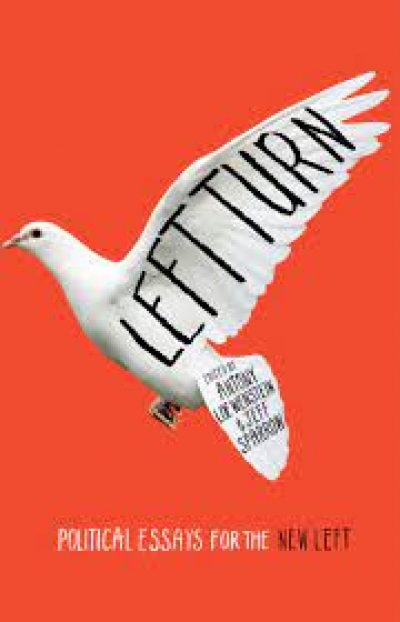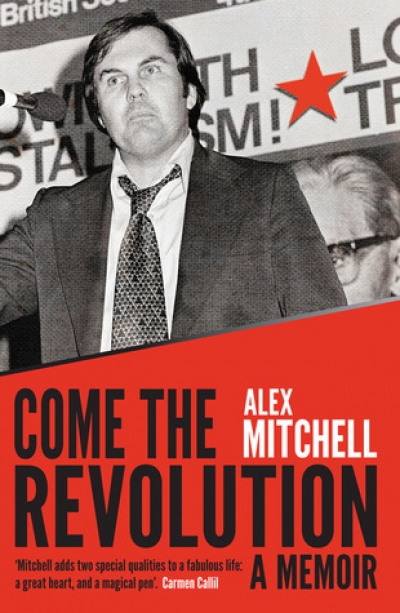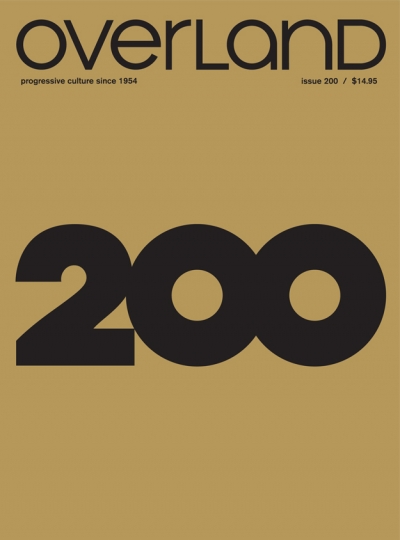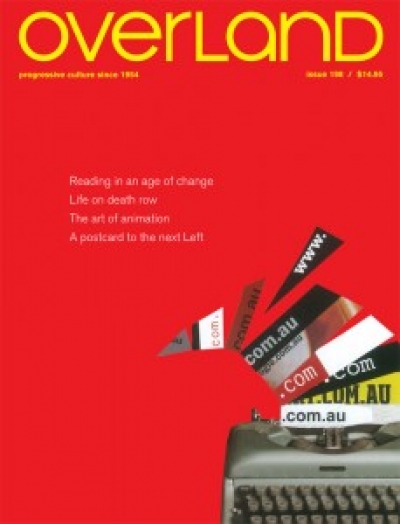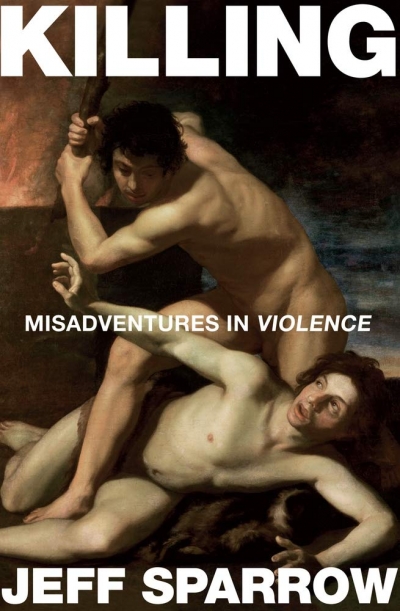Jeff Sparrow
Crimes against Nature: Capitalism and global heating by Jeff Sparrow
by Kurt Johnson •
Trigger Warnings: Political correctness and the rise of the right by Jeff Sparrow
by Russell Blackford •
Letters to the Editor: Tony Kevin from Gordon writes on Jeff Sparrow's Trigger Warnings; John Lowe from Ormond on D. H. Lawrence; and some comments on Behrouz Boochani and his poem 'Flight from Manus' ...
... (read more)Left Turn: Political Essays for the New Left edited by Antony Lowenstein and Jeff Sparrow
by Ben Eltham •
Killing: Misadventures in violence by Jeff Sparrow
by Elisabeth Holdsworth •

